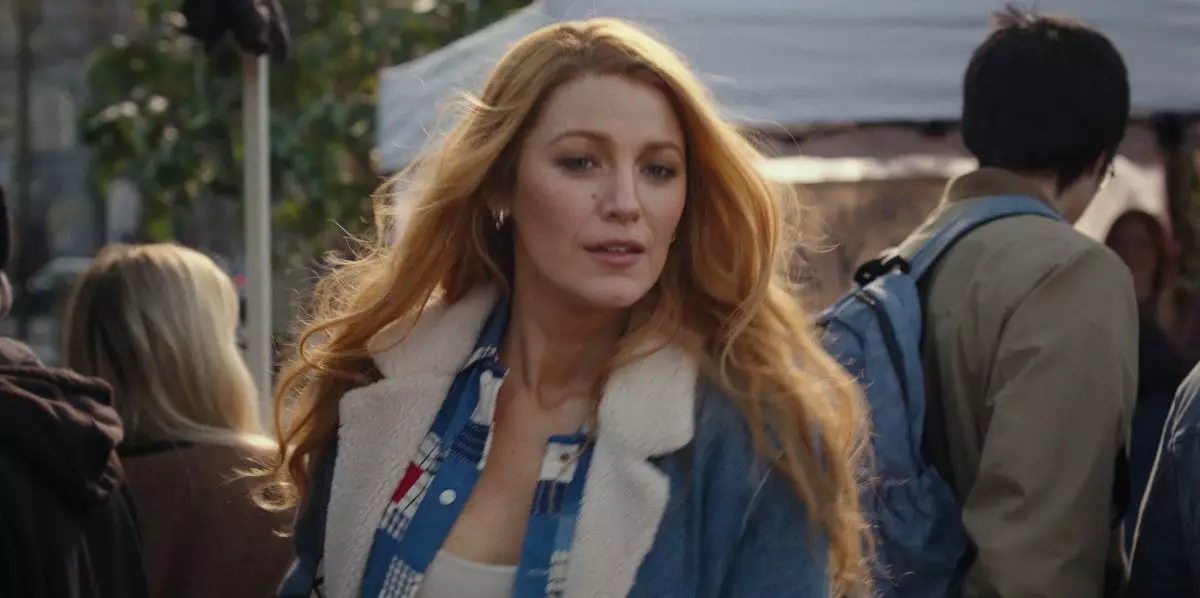The film adaptation of Colleen Hoover’s bestselling novel, “It Ends With Us,” has captured the attention of audiences both on BookTok and now on the big screen. The story follows Lily Bloom, portrayed by Blake Lively, as she navigates a difficult past while trying to build a brighter future for herself in Boston. As she falls in love with neurosurgeon Ryle Kincaid, played by director Justin Baldoni, Lily faces the harsh reality of potentially being trapped in a cycle of abuse. With the reappearance of her first love, Atlas, played by Brendan Skenlar, Lily finds herself at a crossroads, forced to make a difficult decision.
The casting choices for “It Ends With Us” have sparked conversation and intrigue among fans of the novel. Blake Lively’s portrayal of Lily Bloom has been praised for her ability to embody the complexities of the character. Lively describes Lily as a “walking-talking contradiction,” a statement that resonates with the character’s multifaceted nature. Justin Baldoni’s decision to cast himself as Ryle Kincaid has raised some eyebrows, but his passion for the project is evident in his emotional response to the source material.
One of the most controversial aspects of the film adaptation is the decision to age up the characters from the original novel. In the book, Lily is depicted as just out of college, whereas in the film, she is portrayed as a more mature individual. Justin Baldoni defends this creative choice by emphasizing the universality of Lily’s story. By aging up the characters, Baldoni hopes to show that abuse can happen to anyone, regardless of age, status, or experience. This decision also challenges stereotypes, particularly in the characterization of Ryle Kincaid.
“It Ends With Us” tackles important themes such as abuse, love, and self-discovery. Baldoni’s vision for the film aims to subvert expectations and present a nuanced portrayal of complex relationships. Ryle Kincaid is not portrayed as a one-dimensional villain but as a person grappling with his own trauma and pain. This portrayal adds layers to the story, inviting audiences to reflect on the nature of abuse and its impact on individuals.
“It Ends With Us” has made a significant impact on both BookTok and the big screen. The adaptation of Colleen Hoover’s novel has sparked conversations about abuse, love, and the complexity of human relationships. The casting choices and creative decisions of Justin Baldoni have added depth and nuance to the story, challenging viewers to think critically about the characters and their motivations. As the film continues to play in theaters, it is sure to inspire further discussion and reflection on its powerful message.

